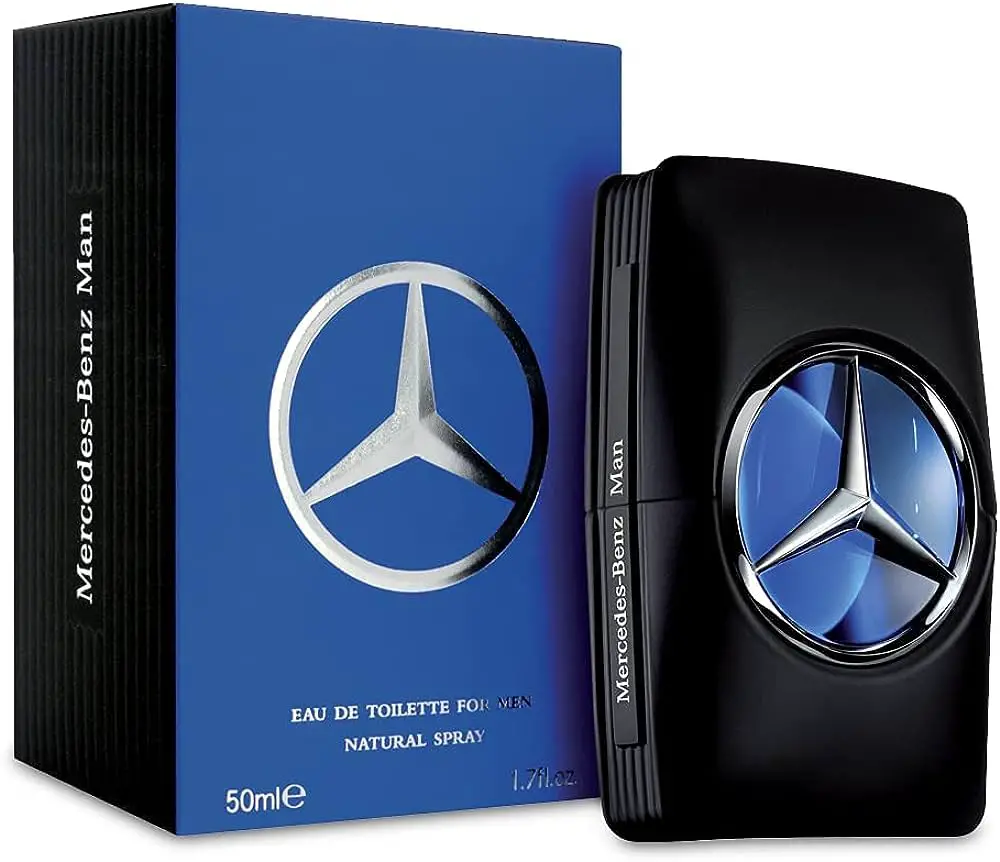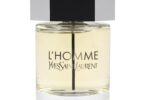Perfumery is an exquisite blend of science and art, and for those seeking a unique olfactory experience, macerating your own perfume can be a rewarding endeavor. Maceration is the process of infusing oils with fragrance to create a personalized and alluring scent. In this guide, we’ll delve into the steps of how to macerate perfume, ensuring that your creation is not just a fragrance but an expression of your individuality.
Ingredients Needed:
- Base Oil:
- Choose a neutral, carrier oil such as jojoba or fractionated coconut oil to serve as the foundation for your perfume.
- Fragrance Oils:
- Select high-quality essential oils or fragrance oils. These will be the heart and soul of your perfume, so explore a variety of scents to find the perfect combination.
- Glass Container:
- Opt for a dark glass container to protect your perfume from light, which can alter the fragrance over time.
- Cheesecloth or Coffee Filter:
- Use this to strain the mixture, separating the oils from any solid particles.
- Aging Bottle:
- An airtight, dark glass bottle for aging your perfume after the maceration process.
Steps to Macerate Perfume:
Step 1: Choosing Your Scents
- Experiment with different essential oils or fragrance oils. Consider the top, middle, and base notes to create a well-balanced fragrance.
Step 2: Blending the Oils
- Combine your chosen oils in the glass container. Use a ratio of 80% base oil to 20% fragrance oils for a balanced blend.
Step 3: Storage and Maceration
- Seal the container and place it in a cool, dark place for at least two weeks, allowing the oils to meld and develop a rich, complex scent.
Step 4: Straining the Mixture
- After maceration, strain the mixture using cheesecloth or a coffee filter to remove any solid particles, leaving you with a smooth, fragrant oil.
Step 5: Aging Your Perfume
- Transfer the strained oil into an aging bottle and let it sit for an additional two weeks. This allows the fragrance to mature and intensify.
Step 6: Bottling Your Perfume
- Once aged, your perfume is ready to be bottled. Use a spray or roller bottle for easy application.
FAQs about Perfume Maceration:
Q1: Can I mix different types of essential oils?
- Absolutely! Experimenting with various essential oils can lead to unique and captivating scent combinations. Just ensure the overall composition is harmonious.
Q2: How long should I macerate my perfume?
- Macerate for a minimum of two weeks, but feel free to extend the time for a more potent fragrance. Patience is key in perfumery.
Q3: Can I use any oil for maceration?
- While various oils can be used, it’s recommended to choose a neutral carrier oil like jojoba or fractionated coconut oil to avoid overpowering the fragrance.
Q4: What if my perfume is too strong or too weak?
- Adjust the concentration of fragrance oils in your next batch. Add more base oil if it’s too strong or more fragrance if it’s too weak.
Embark on the journey of creating your signature scent through the art of macerating perfume. The process allows you to craft a fragrance that not only suits your personality but also tells a unique olfactory story. Happy perfuming!












